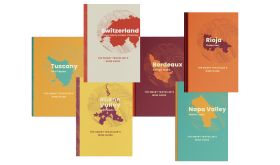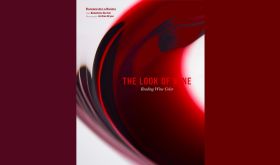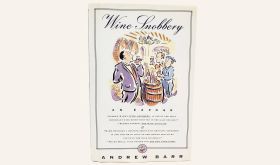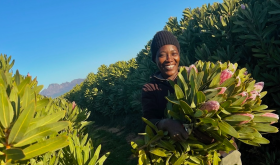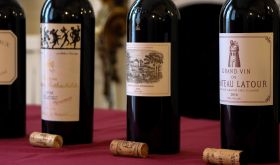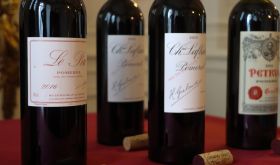‘When he was about six years old, my elder grandson asked me “Grandpa, why are you famous?” I took him to my study and showed him the book written by George M Taber about The Judgment of Paris, the Historic Tasting that Revolutionized Wine. It was the account of the tasting in Paris on 24 May 1976 that transformed the wine industry.’
And that is indeed why Steven Spurrier is famous. As a young Englishman living in Paris and running a highly successful independent wine shop...



